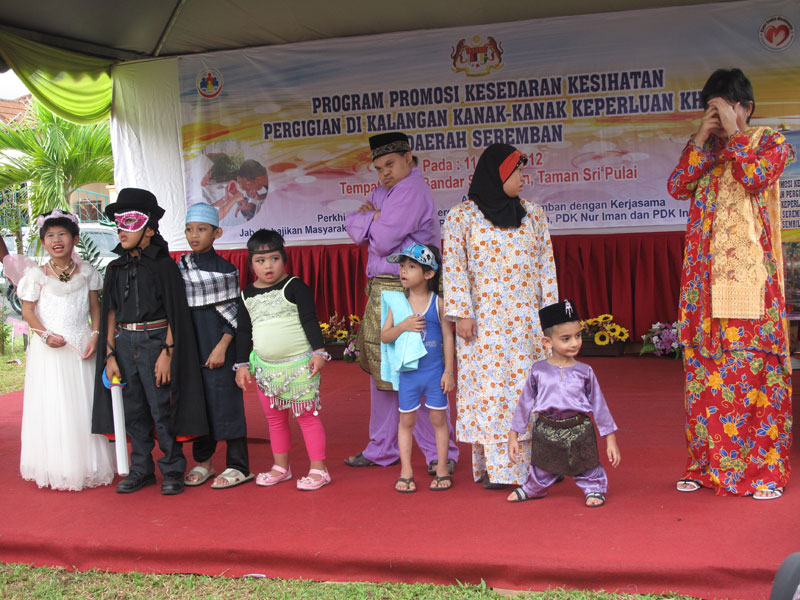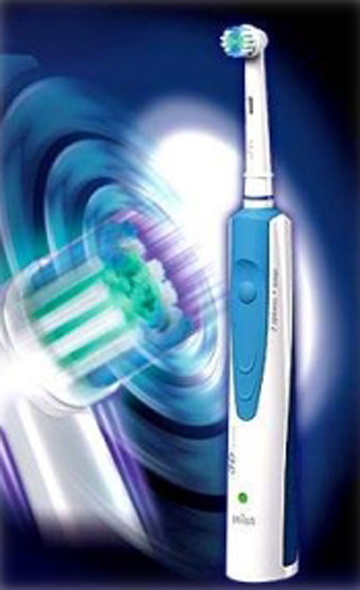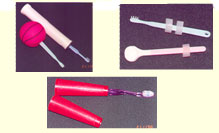Overview
Special Need Children are children who have disabilities due to physical, mental or medical problem. They need special oral healthcare as much as they need other medical care.
They need special oral care because:
- They may be susceptible to or at higher risks of developing dental diseases due their inability to perform oral self-care
- Dental treatment may be difficult and time consuming for them
- Modification of treatment is needed to suit their conditions
- Oral problems and the treatment might contribute risk to their life
Therefore in view of these problems the prevention of oral and dental diseases is of high priority in these children in order to maintain healthy oral condition
The common oral and dental problems in special needs children are as follows:
- Tooth decay
- Special needs children are prone to have dental decay if they are uncooperative or have difficulty in brushing their teeth or when they are on prolong sweetened medication
- Gum problems
- Higher incidence of gum problem in those with poor oral hygiene; presence of plaque and tartar in their mouth due to inadequate oral hygiene measures.
- Tooth anomalies and developmental defect
- Tooth anomalies are variations in size, shape and number of teeth.The teeth in the special children may be abnormal in shape, extra in numbers or congenitally missing due to acquiring certain syndrome. The developmental defects appear as pits, discolourations or lines on the surface of the teeth. These defective surfaces are difficult to keep clean.
- Tooth anomalies can cause teeth to overlap due to extra in numbers or too long retained in the mouth.
- Habits
- Bruxism or habitual grinding or clenching of teeth, is a common occurrence in children with cerebral palsy. This is due to poor coordination of the oral musculature. This habit cause flat biting surfaces of the teeth.
- Food pouching orkeepingfood in the mouth for a certain period before swallowing. This habit will result in poor oral hygiene.
- Self-inflicted injuries such as lip biting or self-extraction is a habit commonly adopted by children with cerebral palsy and accompanying intellectual impairment.If this happened a referral to the dental officer must be made.
- Trauma to teeth
- Trauma to the face and mouth occur more frequently in children with intellectual disability, seizures, abnormal protective reflexes and poor muscle coordination.Teeth are also at risk of fracture and displace especially if the upper front teeth flares outward when these children fell
Prevention of dental diseases
The prevention of dental disease in disabled children needs to be a higher priority than for so called normal peers.These can be achieved through :-
- Maintaining good oral hygiene
- brush teeth thoroughly with fluoridated toothpaste every day especially after meals and before bed
- various tooth brushes are available to assist in maintaining good oral hygiene such as electric tooth brush, super brush and tooth brush with modified handle
electric toothbrushAdaptation of toothbrushSuperbrush - Use minimal tooth paste to prevent gagging. Dispensing of toothpaste must be done by parents or carers.
- Do no rinse after brushing
- Toothbrushing can be done not only in bathroom – but alsoon the sofa, lap, mattress depending on disabilities
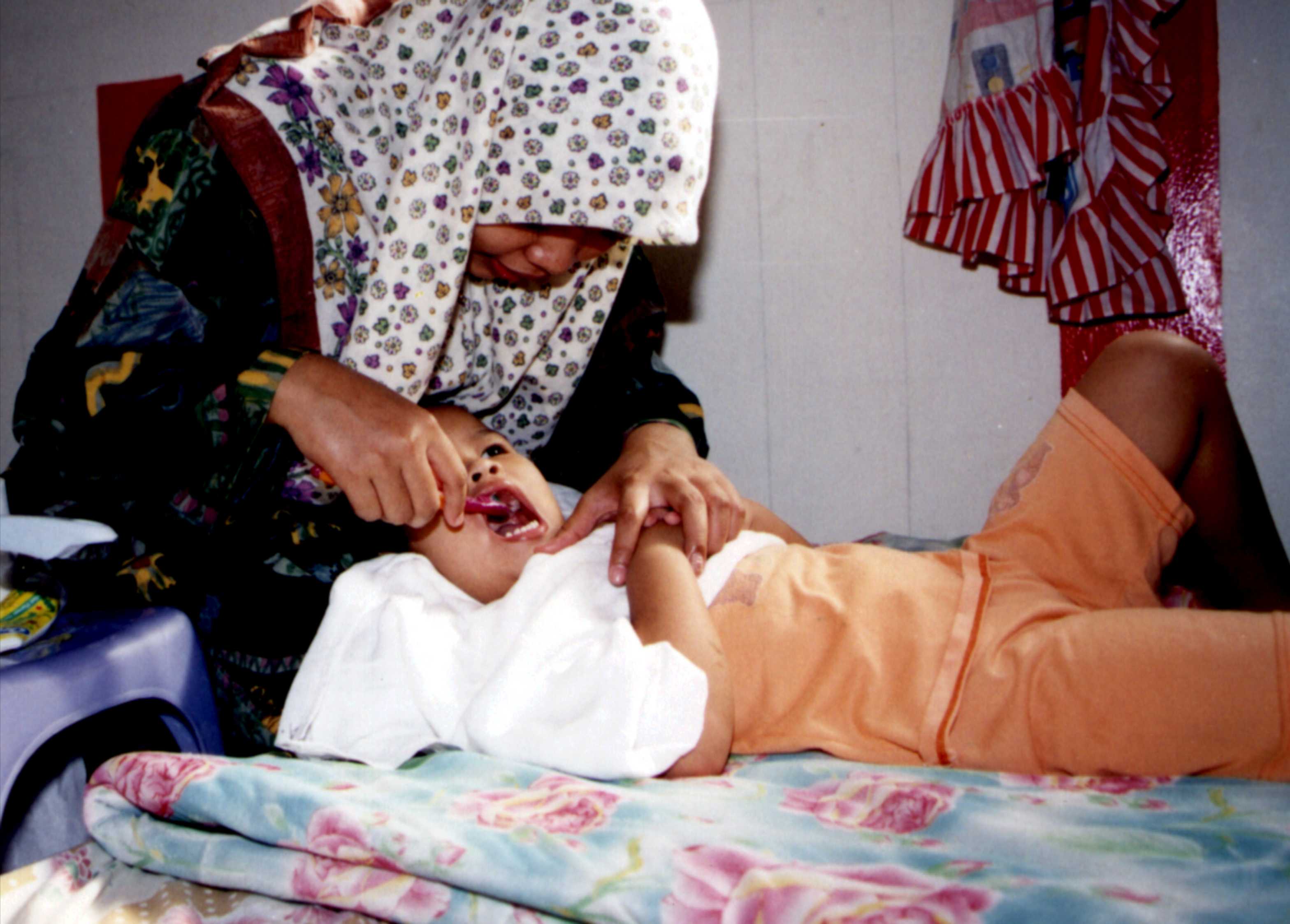
Figure 1 : Toothbrushing lying on the mattress
- various tooth brushes are available to assist in maintaining good oral hygiene such as electric tooth brush, super brush and tooth brush with modified handle
- Rinse with water after each meal
- Encourage to drink plain water after each meal
- Wipe the oral cavity with wet towel if brushing is difficult
- brush teeth thoroughly with fluoridated toothpaste every day especially after meals and before bed
- Taking a well-balanced diet with low sugar content.
- Control intake of sweetened food/ drink
- Introduce healthy snacks – such as fruits or vegetables
- Identify sweetened and sticky food such as caramel and biscuit. These food will stick on tooth surfaces and difficult to clean
- Early and regular dental check-ups
- Regular dental check-ups will allow dental problems to be identified early and avoid complex treatment.
- Special Children require more regular check-ups than their normal peers.They are advised to visit the dentist 3 to 4 times a year.
- In these visits the dentist will be able to apply topical fluoride on the teeth to reduce caries and also to seal tooth surfaces before it became decayed
How dental treatment can be carried out in this special need children?
- Majority of special needs children can be treated as normal children
- Some may need physical restraints to prevent injury to patients and operators
- Sedative medication might be helpful to calm and sedate them
- Some children may need to be treated under gas (General Anaesthesia) if they are very uncooperative and need complex treatment
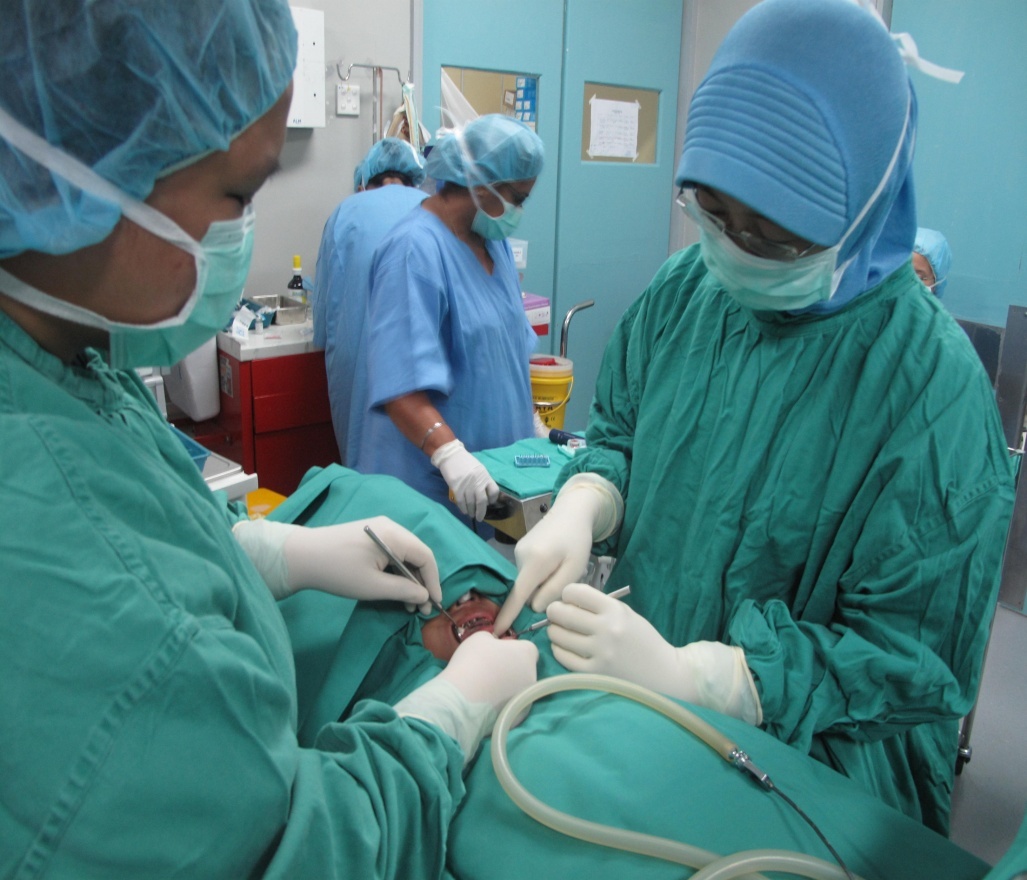
Dental treatment under general anaesthesia
Where to bring these children for dental checkup?
Dental checkup can be done in any dental clinic near to your house by Dental Staff Nurses or Dental Officers. They will assess and continue the treatment as necessary. However if they cannot manage due to certain limitations or complexity of the problem, they will refer the patients to nearest hospital for further management by Pediatric Dental Specialists.
| Last Reviewed | : | 13 August 2012 |
| Writer | : | Dr. Laila bt. Abdul Jalil |
| Dr. Che Noor Aini bt. Che Omar | ||
| Accreditor | : | Dr. Chew Yoke Yuen |
| Reviewer | : | Dr. Aminah bt. Marsom |


